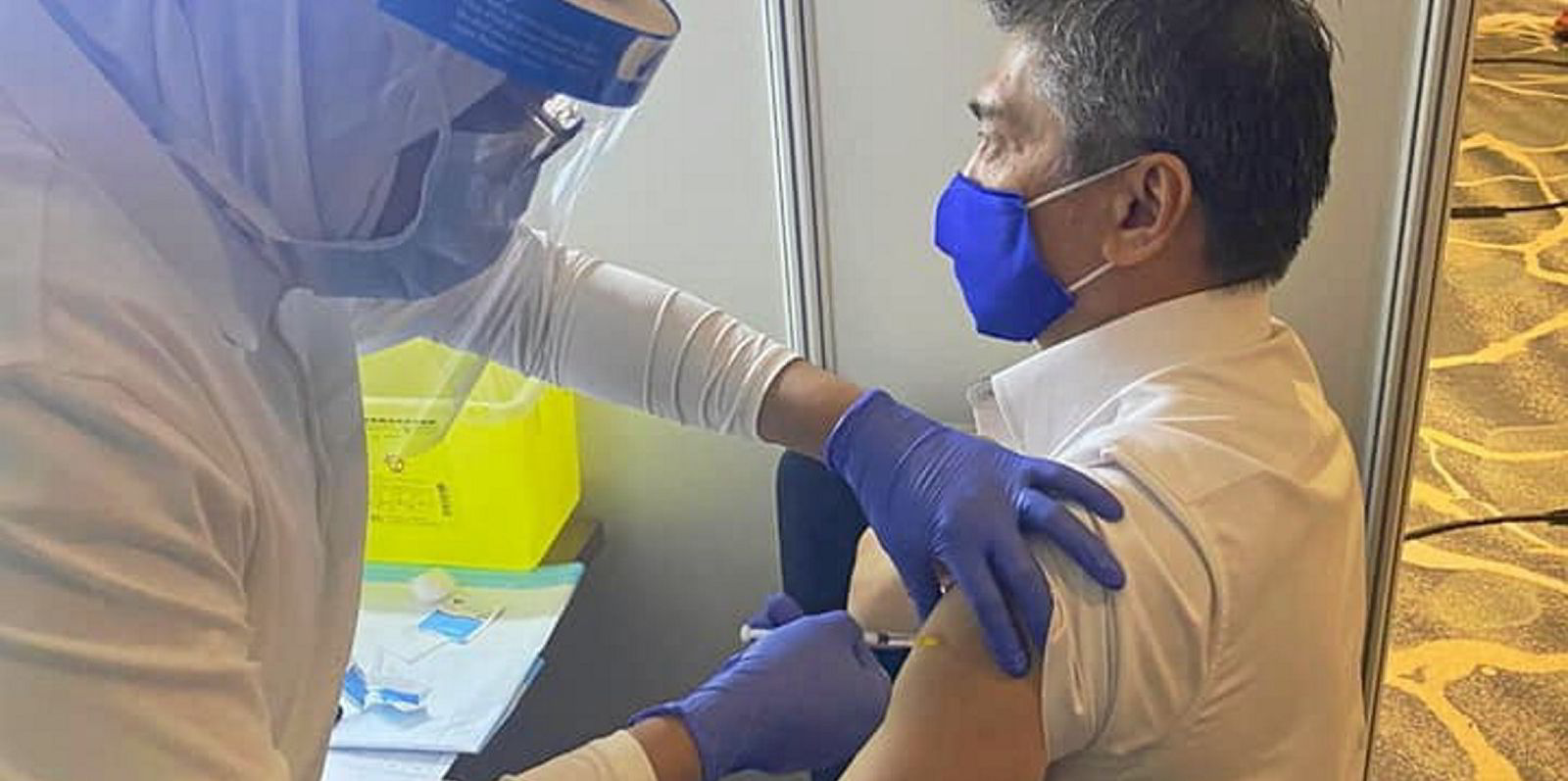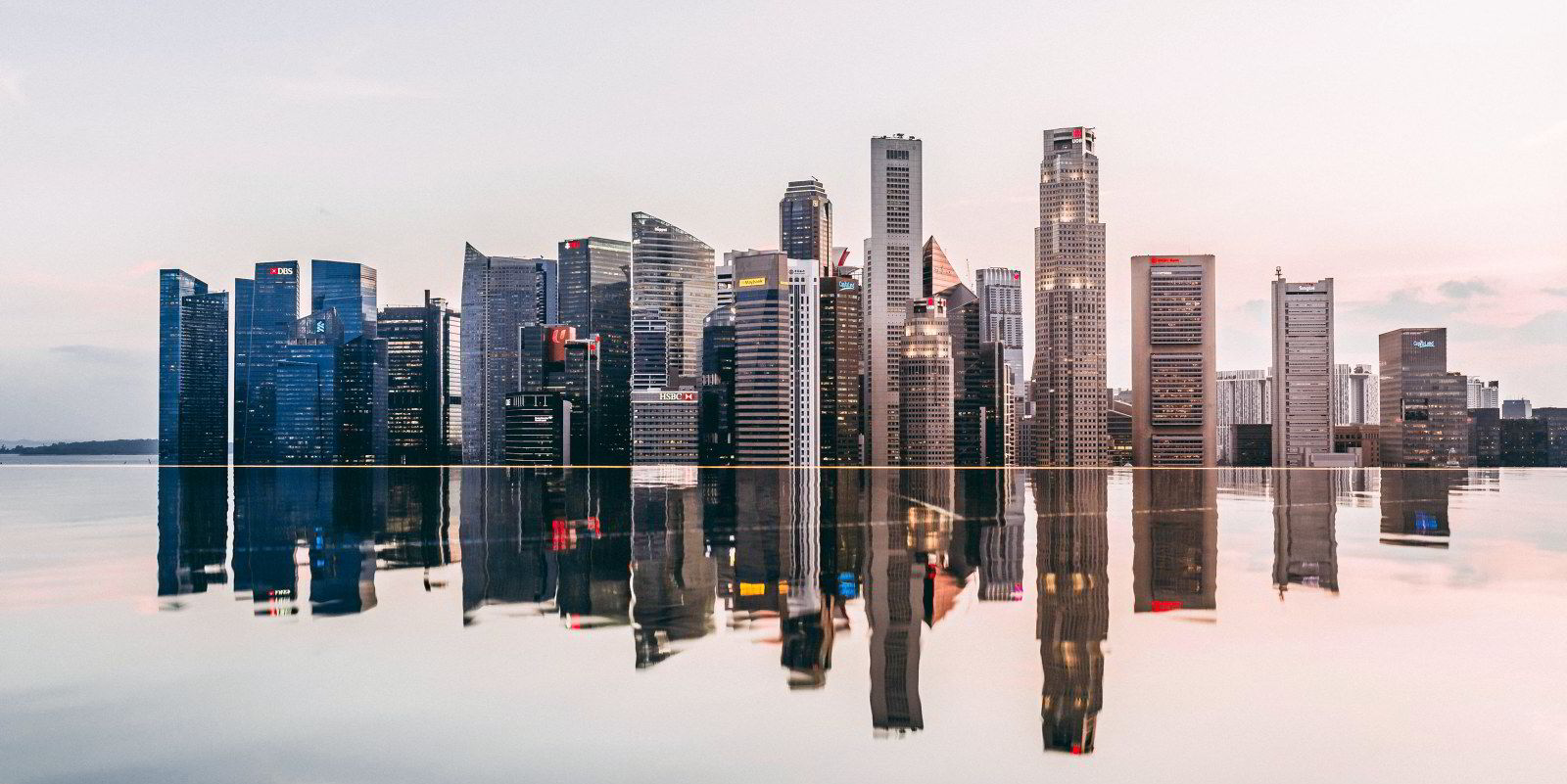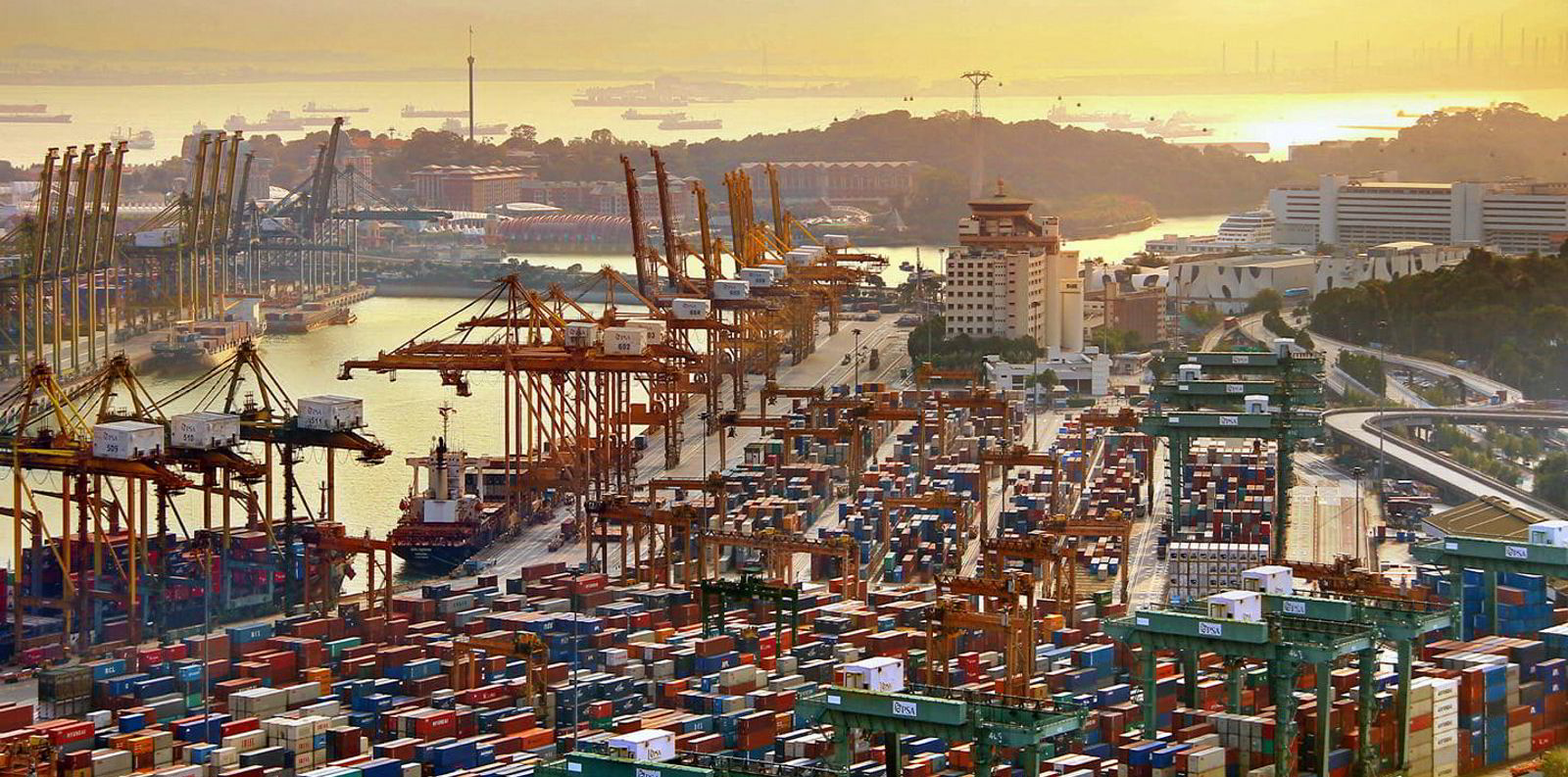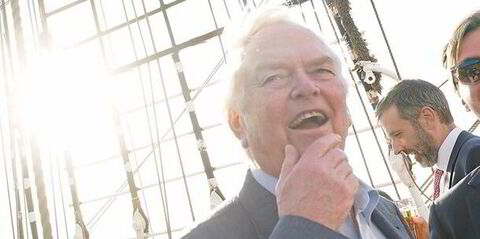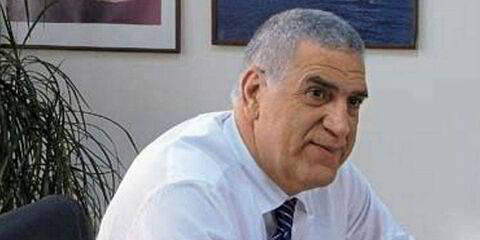Singapore has unveiled plans to vaccinate what it describes as non-resident foreign seafarers in a bid to strengthen the city-state's resilience against the Covid-19 pandemic.
The Sea Crew Vaccination Initiative (SEAVAX) will be aimed at crew in Singapore with stays of more than 30 days, who work on board homeported cruiseships and vessels under repair at shipyards.
It also includes those who work on board fishing vessels, supply ships and regional ferries that enter and leave Singapore waters at least once a month.
The latter group typically provides essential services such as the provision of ship supplies, transportation of food and raw materials, and ferrying passengers.
“Vaccinating sea crew will provide an additional layer of protection for onshore workers and passengers who may interact with them,” Singapore’s Maritime and Port Authority (MPA) said.
Singapore was one of the first countries to vaccinate maritime workers and local seafarers as early as January 2021 and to date, more than 90% of its maritime workers and seafarers are fully vaccinated.
“As a major transshipment and bunkering hub in one of the world’s major shipping lanes, Singapore will play our part in the global initiative to vaccinate seafarers,” the MPA said.
“Under the new SEAVAX initiative, eligible groups of non-resident foreign sea crew will be offered Covid-19 vaccination on a voluntary basis from 30 August 2021.”
Singapore said seafarers are the “backbone of global trade” and that it continues to facilitate crew changes to help those who are still aboard vessels beyond their contract duration.
“Since the onset of the pandemic in March 2020, Singapore said it has facilitated more than 160,000 crew changes, both sign-on and sign-offs,” the MPA said.
The city-state has fully inoculated 80% of its 5.7m residents against Covid-19, the country’s health minister Ong Ye Kung said on Sunday.
That gives Singapore one of the world's highest rates of complete vaccinations and sets the stage for the further easing of curbs such as travel restrictions.
